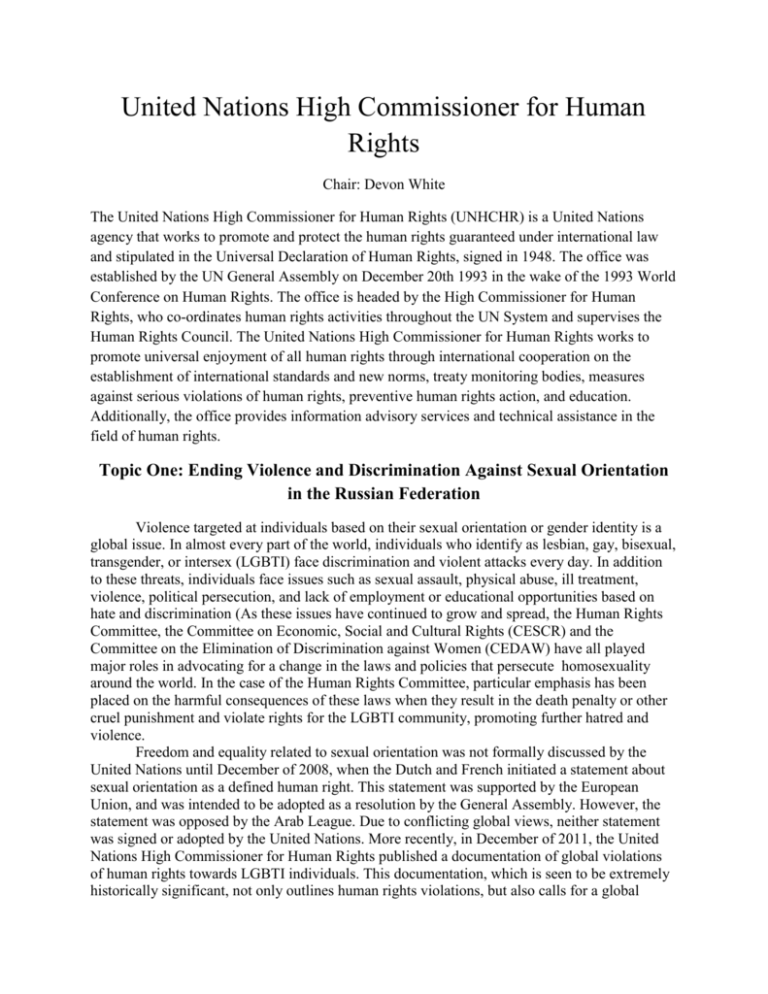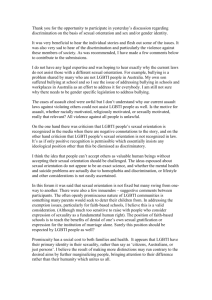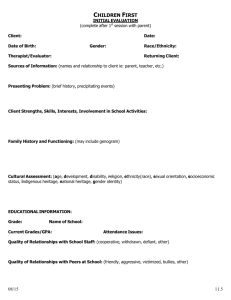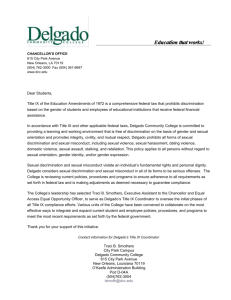
United Nations High Commissioner for Human
Rights
Chair: Devon White
The United Nations High Commissioner for Human Rights (UNHCHR) is a United Nations
agency that works to promote and protect the human rights guaranteed under international law
and stipulated in the Universal Declaration of Human Rights, signed in 1948. The office was
established by the UN General Assembly on December 20th 1993 in the wake of the 1993 World
Conference on Human Rights. The office is headed by the High Commissioner for Human
Rights, who co-ordinates human rights activities throughout the UN System and supervises the
Human Rights Council. The United Nations High Commissioner for Human Rights works to
promote universal enjoyment of all human rights through international cooperation on the
establishment of international standards and new norms, treaty monitoring bodies, measures
against serious violations of human rights, preventive human rights action, and education.
Additionally, the office provides information advisory services and technical assistance in the
field of human rights.
Topic One: Ending Violence and Discrimination Against Sexual Orientation
in the Russian Federation
Violence targeted at individuals based on their sexual orientation or gender identity is a
global issue. In almost every part of the world, individuals who identify as lesbian, gay, bisexual,
transgender, or intersex (LGBTI) face discrimination and violent attacks every day. In addition
to these threats, individuals face issues such as sexual assault, physical abuse, ill treatment,
violence, political persecution, and lack of employment or educational opportunities based on
hate and discrimination (As these issues have continued to grow and spread, the Human Rights
Committee, the Committee on Economic, Social and Cultural Rights (CESCR) and the
Committee on the Elimination of Discrimination against Women (CEDAW) have all played
major roles in advocating for a change in the laws and policies that persecute homosexuality
around the world. In the case of the Human Rights Committee, particular emphasis has been
placed on the harmful consequences of these laws when they result in the death penalty or other
cruel punishment and violate rights for the LGBTI community, promoting further hatred and
violence.
Freedom and equality related to sexual orientation was not formally discussed by the
United Nations until December of 2008, when the Dutch and French initiated a statement about
sexual orientation as a defined human right. This statement was supported by the European
Union, and was intended to be adopted as a resolution by the General Assembly. However, the
statement was opposed by the Arab League. Due to conflicting global views, neither statement
was signed or adopted by the United Nations. More recently, in December of 2011, the United
Nations High Commissioner for Human Rights published a documentation of global violations
of human rights towards LGBTI individuals. This documentation, which is seen to be extremely
historically significant, not only outlines human rights violations, but also calls for a global
repeal of laws that criminalize homosexuality. Although the document suggests that global
strides are being made towards ending such discrimination and violence, the problem still exists.
Violence and discrimination against “nontraditional” sexual orientation has become an
especially large issue in the Russian Federation in recent decades. Under the power of President
Vladimir Putin, there have been many policy changes that directly violate the constitutional
rights of the LGBTI community of the Russian Federation. These include large fines to gay
rights activists, bans on gay pride parades and speakers, lack of advocates’ access to NGOs, and
regional laws banning public advocacy of homosexuality to minors.
The most recent of this string of attacks took place on June 30, 2013, when President
Vladimir Putin passed a national bill banning “propaganda of homosexuality to minors”. This
ban is defined in article 6.21of the Code of the Russian Federation of Administrative Offenses:
Propaganda is the act of distributing information among minors that 1) is aimed at the creating
nontraditional sexual attitudes, 2) makes nontraditional sexual relations attractive, 3) equates the
social value of traditional and nontraditional sexual relations, or 4) creates an interest in
nontraditional sexual relations.
Article 6.21 was founded based on the “success” of regional laws prohibiting sexual
propaganda. Furthermore, anti-gay activists claim that homosexuality is a crime equivalent to
pedophilia, and that such behavior and nontraditional views promote religious and ethical
violence and disrespect. With the spread of such views and the acceptance of these legislative
changes, violence and discrimination towards the LGBTI community of the Russian Federation
continues to increase with each passing day. It is important to note that this issue is not just an
issue that exists within the Russian Federation, but also in other regions globally, including many
African nations.
5 Key Issues to Consider
1.
How effectively have UN treaties been used to monitor and promote LGBTI rights in the
Russian Federation and other nations?
2.
Who is responsible for widespread acts of violence and discrimination against the LGBTI
community and why?
3.
What tools could be effective in eliminating the issue of violence and discrimination
against sexual orientation in the Russian Federation?
4.
What are effective measures that have already proven successful against violence and
discrimination in other nations?
5.
What incentive strategies could be used to promote peace and acceptance in terms of
sexual orientation and identity?
Topic Two: Children in Armed Conflict in Africa
A child soldier is defined as any individual under the age of 18 who is a member of a
military or political group, governmental or not. These individuals participate in warfare just as
any other combatant would, yielding weapons, participating in suicide missions, acting as spies,
and detecting mines. In many situations, children are targeted and enlisted to participate in armed
conflict, due to their vulnerability and easily intimidated nature. Additionally, children are
inexpensive to enlist in terms of health care and food costs. In some cases, children volunteer to
become involved in armed conflict in efforts to escape situations such as human trafficking,
poverty, and sexual or physical abuse. In other cases, these children are abducted or recruited by
force through death threats. There are an estimated 300,000 child soldiers in the world, a huge
proportion of which come from African nations. 40% of those soldiers are girls. In most cases,
organizations involved with child warfare conceal or completely deny such activity.
Child enlistment in warfare poses many threats to human rights for these children. In
many cases, children are used as human shields or in propaganda to increase political advantage.
For example, governments or militaries may use children for leverage as a means to evoke
sympathy and discourage enemy attacks. However, this is often unsuccessful, and children’s
lives are taken regardless. Additionally. Many child soldiers are subject to sexual abuse, or
forced to engage in sexual acts. Reports have shown that girls are almost always raped or
sexually violated, and many times they serve the purpose of providing sexual satisfaction to male
soldiers and are forced to marry or serve these military men. The rights of these child soldiers are
also threatened by the living conditions to which they are subjected. Basic needs such as food,
water, and shelter are rarely met in the camps where children reside. Disease and sickness spread
like wildfire, and healthcare and aid is very rarely provided.
Child soldiers exist in almost every country involved in armed conflict, which makes this
a global issue. However, this problem is most critical in Africa. Countries such as Chad,
Somalia, Sudan, Central African Republic, Sierra Leone, Uganda, and Democratic Republic of
Congo have actively enlisted children in military and political organizations. Technological
advances have caused an increase in the presence of child soldiers, due to the ability to carry and
operate lightweight weapons.
The United Nations has made several attempts and created policies to eliminate child
warfare activity and provide safe havens for children returning from war zones. Formal
Demobilization, Disarmament, and Reintegration (DDR) programs have been put in place in
some areas, such as the Congo and Uganda. These programs work in order to help children
transition after being freed from armed groups. DDR programs offer support to children in terms
of going back to school and reuniting with their families. However, the programs cannot erase
the things that child soldiers have to go through. Likewise, there is a shortage of such programs,
and in many regions they do not exist at all.
5 Key issues to consider
1.
How does the issue of child involvement in armed warfare affect your country?
2.
What are some possible strategies that the committee may be able to use for reducing
child warfare in African nations?
3.
What are some possible broader issues that may contribute to the use of child in armed
conflict? How can these be addressed?
4.
What are some positive things about governmental DDR programs? How can these
programs be improved?
5.
What can be done in terms of consequences and incentives in order to reduce children’s
roles in armed conflict?








